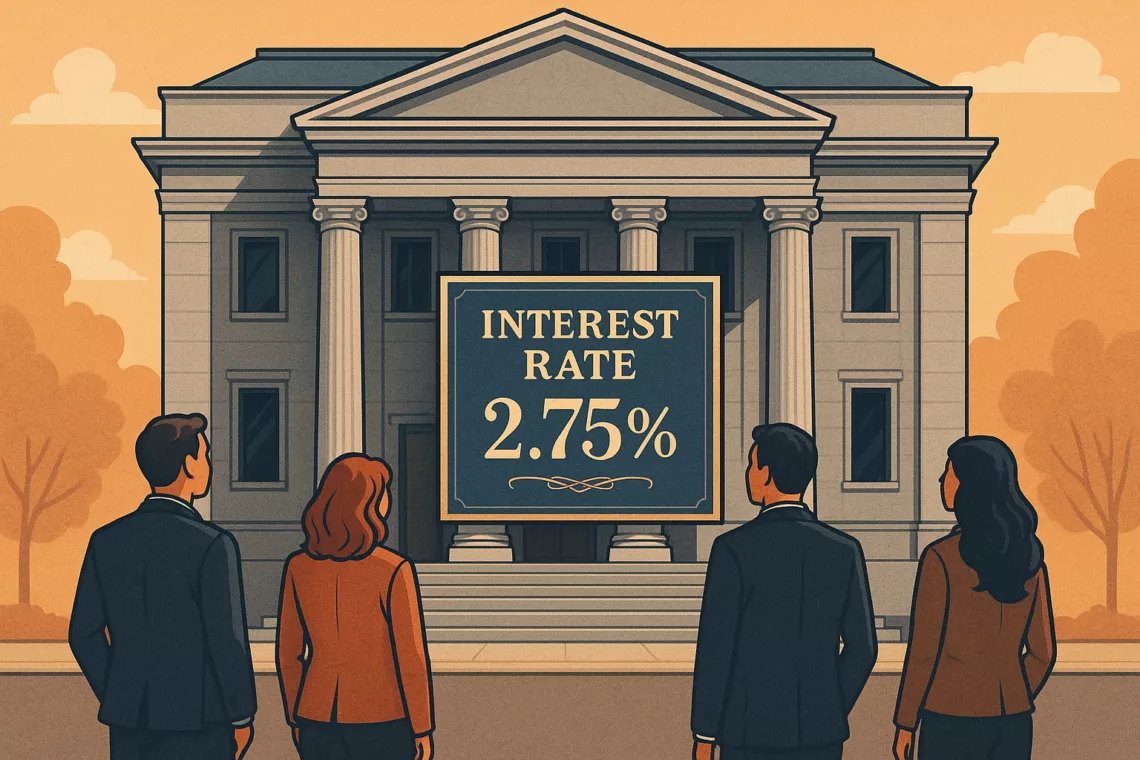
Everyone’s talking about the housing market in the GTA—whether you’re buying, selling, or investing, it’s on your mind. But here’s the big question: Can building more homes really make housing affordable again? A recent report from Oxford Economics suggests that the answer might not be as straightforward as we hope.
The Numbers: How Many Homes Do We Need?
Canada is facing a massive housing challenge, especially in hot markets like Toronto. Oxford Economics estimates that to restore balance, we need to build a staggering 4.2 million homes across the country by 2035. That’s about 420,000 new homes every year for the next decade—nearly 70% more than we’ve been building lately.
But even if we hit those numbers, will it be enough? The report suggests that in high-demand areas like Toronto and Vancouver, adding more homes could actually make things less affordable. How? By driving up demand even further.
Toronto and Vancouver: The New New York and London?
The GTA is compared to global giants like New York and London, where demand for homes always seems to outpace supply. With limited space and strict regulations, it’s tough to build fast enough to meet the needs. The result? Prices that just keep climbing.
Different Estimates, Different Outcomes
What makes Oxford’s report different from others? The Canada Mortgage and Housing Corporation (CMHC) and the Parliamentary Budget Office (PBO) also crunched the numbers but came up with lower estimates. CMHC thinks we need 3.45 million new homes by 2030, while the PBO suggests 0.9 million by 2030.
Why the difference? It all comes down to what’s considered “affordable.” What might be affordable to one person could still be out of reach for someone else, especially in pricey markets like Toronto.
Is Overbuilding the Answer?
There’s also a risk of putting too much money into housing and not enough into other areas that drive the economy. Statistics Canada and the Fraser Institute have pointed out that over-investing in housing might hurt productivity growth in other sectors, like technology or manufacturing.
What Does This Mean for You?
If you’re in the GTA, whether you’re looking to buy, sell, or invest, these insights are crucial. The housing market is complex, and while more homes might seem like the solution, it’s not the silver bullet we’re hoping for.
The Bottom Line
The consensus? Building more homes is necessary, but it might not be enough to solve the affordability crisis, especially in high-demand areas like Toronto.
So, What’s the Solution?
Solving the housing crisis in Toronto and similar markets requires a multi-pronged approach:
- Balanced Development: Focus on building a variety of housing types—affordable units, mid-range homes, and luxury properties—so there’s something for everyone. This can help balance supply and demand across different market segments.
- Streamline Regulations: Speeding up the approval process for new developments and reducing red tape can help increase the housing supply without long delays.
- Invest in Infrastructure: Building more homes is only part of the solution. Enhancing public transportation, schools, and amenities in emerging neighborhoods can make them more attractive and relieve pressure on high-demand areas.
- Smart Urban Planning: Prioritize development in areas that can support more density while preserving green spaces and ensuring sustainability.
- Targeted Policies: Government policies aimed at curbing speculative buying and encouraging homeownership can also help stabilize the market.
The moral of the story? There’s no single solution, but with strategic planning, smart policies, and a focus on diverse housing options, we can move closer to a more affordable and balanced housing market in the GTA. Whether you’re buying, selling, or investing, staying informed and making calculated decisions is key.
Contact Us
Equip yourself with the knowledge to navigate the complexities of the real estate landscape confidently.



